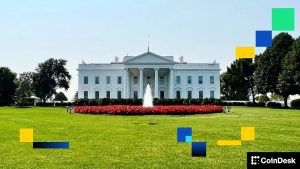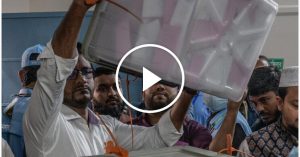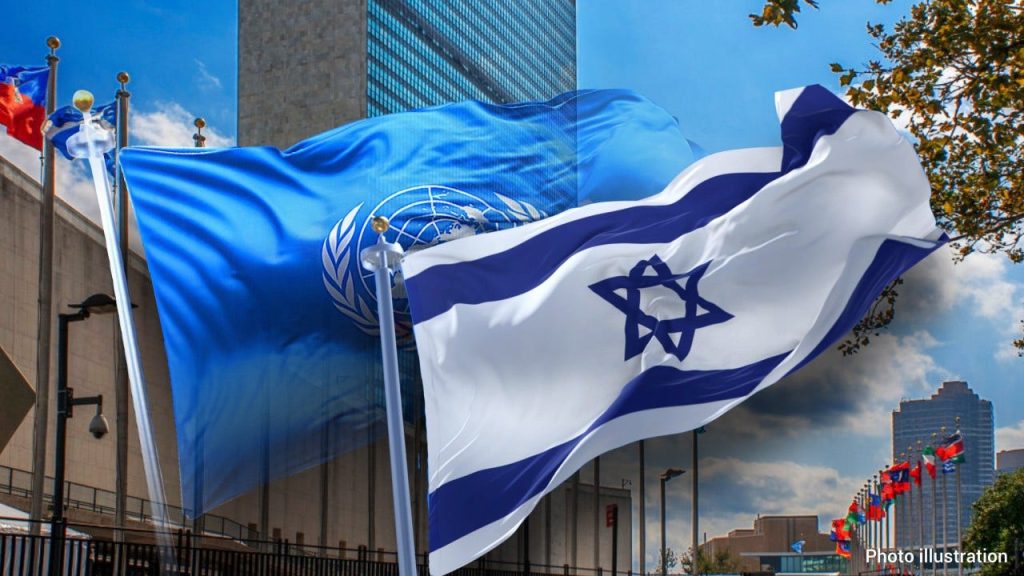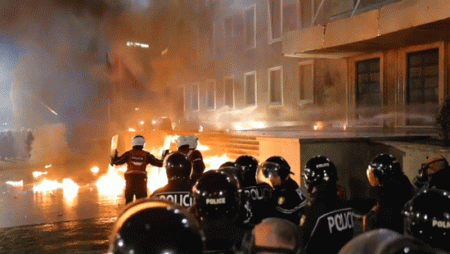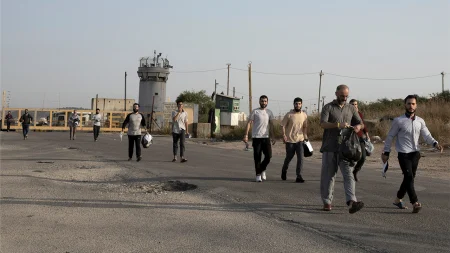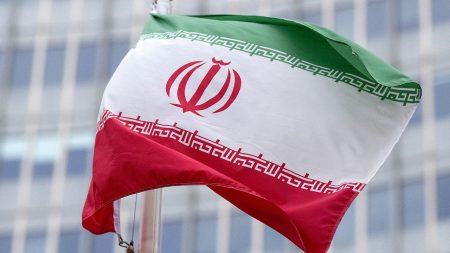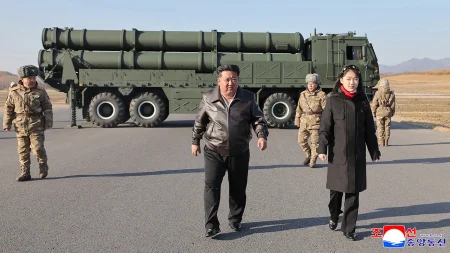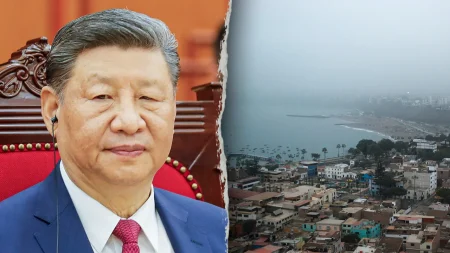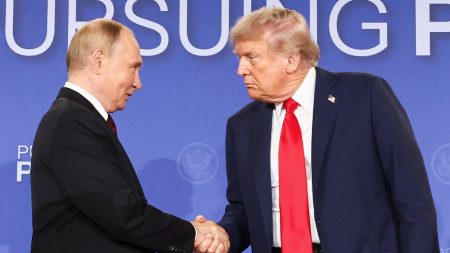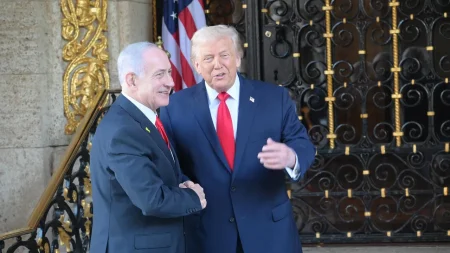Israel’s decision to expel the United Nations Relief and Works Agency for Palestine Refugees in the Near East (UNRWA) from Jerusalem by January 30, 2025, marks a significant escalation in the ongoing Israeli-Palestinian conflict and reflects a deep-seated distrust of the agency within the Israeli government. Ambassador Danny Danon’s formal notification to UN Secretary-General Antonio Guterres cites national security concerns, specifically accusing UNRWA of being infiltrated by Hamas and other terrorist organizations. This accusation, coupled with allegations of bias against Israel and disregard for local laws, forms the core of Israel’s justification for severing ties with the agency. The move follows recently passed legislation in the Knesset that terminates all agreements with UNRWA, signaling a united front across the Israeli political spectrum on this issue.
The Israeli government’s stance mirrors that of former US President Donald Trump, who also withheld funding from UNRWA, citing similar concerns. The US had historically been the agency’s largest donor, and its withdrawal of financial support has created a significant funding gap. This financial strain, combined with Israel’s expulsion order, places UNRWA’s future operations in jeopardy. While the UN has expressed the need to maintain support for UNRWA, highlighting its crucial role in providing essential services to Palestinian refugees, the agency now faces a precarious situation. The Israeli government’s demand throws into question the long-term viability of UNRWA’s presence in the region and raises concerns about the potential humanitarian consequences for the Palestinian population it serves.
Critics of UNRWA, such as Anne Bayefsky, Director of the Touro Institute on Human Rights and the Holocaust, argue that the agency perpetuates the Palestinian refugee problem and fosters anti-Israel sentiment. They point to the agency’s unique definition of refugee status, which allows for the inheritance of refugee status across generations, as a key factor contributing to the protracted conflict. Furthermore, allegations of anti-Semitic content in UNRWA’s educational materials and its alleged complicity with terrorist organizations fuel the calls for its dismantling. These criticisms, alongside Israel’s security concerns, form a powerful narrative that challenges the agency’s legitimacy and effectiveness.
The United Nations, while acknowledging the Israeli government’s concerns, maintains that UNRWA plays an indispensable role in providing vital services to Palestinian refugees. The agency provides education, healthcare, and social services to millions of Palestinians, and its absence would create a significant humanitarian vacuum. The UN has stressed the need for continued support for UNRWA, emphasizing the potential for instability and increased suffering should the agency be forced to cease operations. However, the UN’s response to Israel’s demand has been somewhat vague, lacking concrete contingency plans for maintaining services to the affected population should the expulsion proceed as planned. This lack of a clear alternative underscores the complexity of the situation and the potential for a humanitarian crisis.
The potential consequences of UNRWA’s expulsion are far-reaching. Millions of Palestinians rely on the agency for essential services, and its removal could exacerbate existing humanitarian challenges, potentially leading to increased poverty, displacement, and social unrest. The Biden administration, among others, has expressed concerns about the humanitarian implications of the Israeli decision and has urged continued support for UNRWA. The potential for further instability in the region remains a significant concern, especially given the already volatile political landscape. The international community faces a complex dilemma: balancing Israel’s legitimate security concerns with the humanitarian needs of the Palestinian population.
The clash between Israel’s security concerns and the humanitarian needs of the Palestinian population underscores the deep-seated complexities of the Israeli-Palestinian conflict. UNRWA, caught in the crossfire, finds itself facing an existential crisis. The agency’s future and its ability to continue providing vital services remain uncertain. The international community must grapple with the challenging task of finding a sustainable solution that addresses both Israel’s security concerns and the humanitarian needs of the Palestinian people, while also striving for a lasting peace in the region. The expulsion of UNRWA adds another layer of complexity to an already intractable conflict, with the potential for far-reaching and unpredictable consequences.
